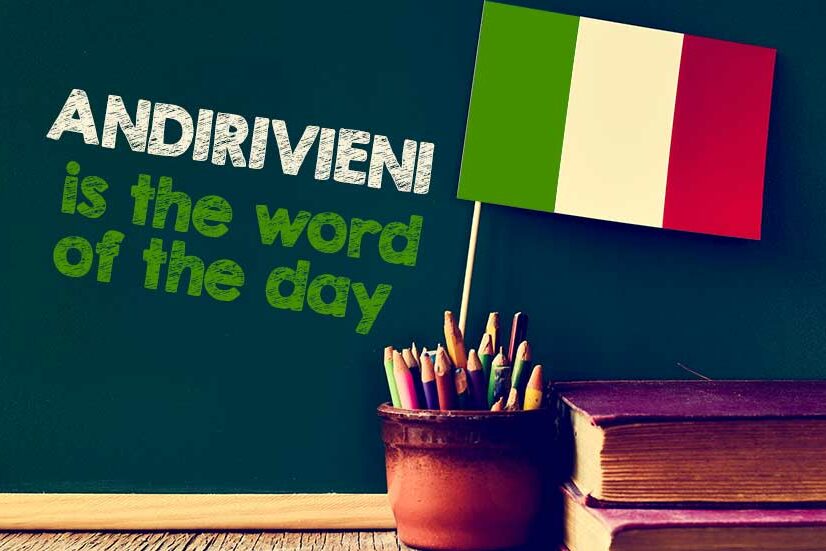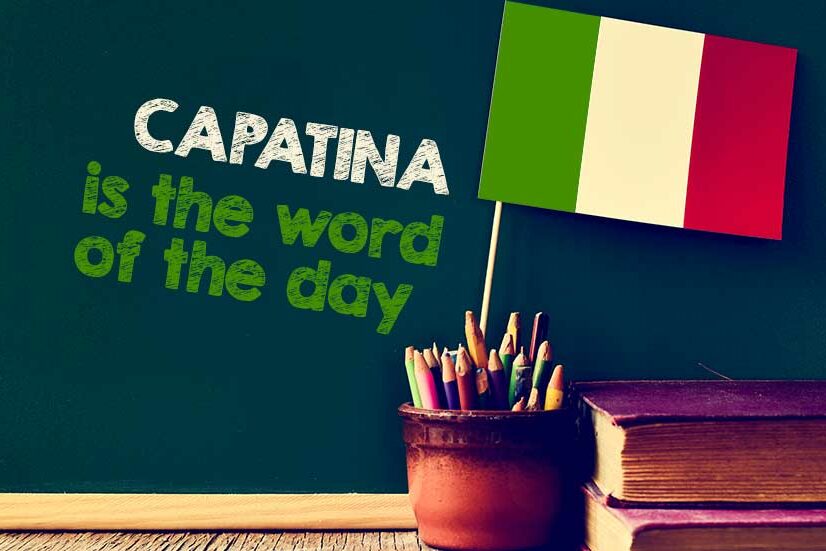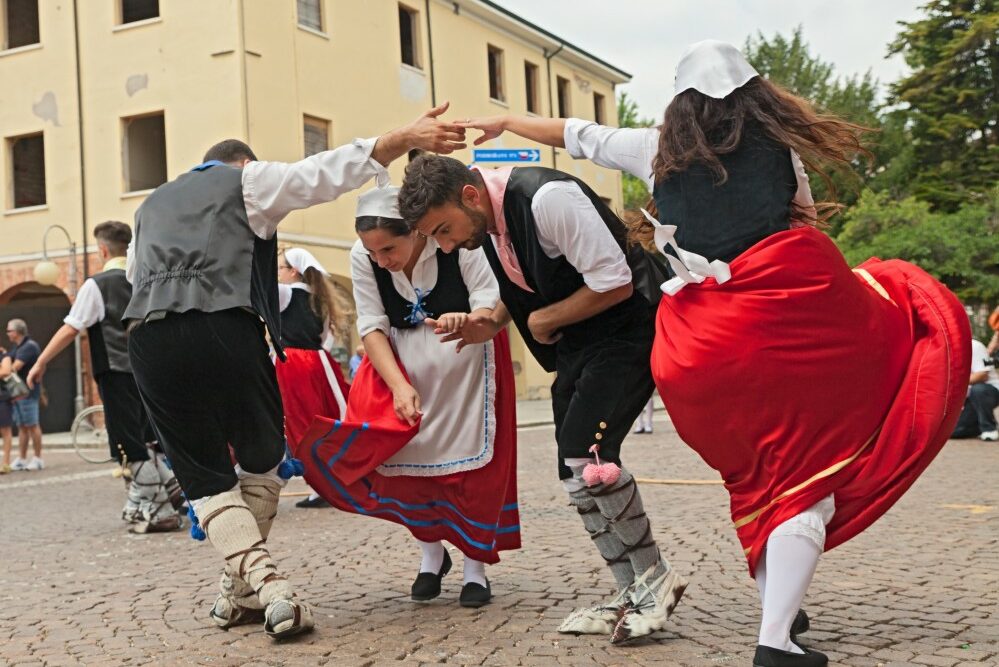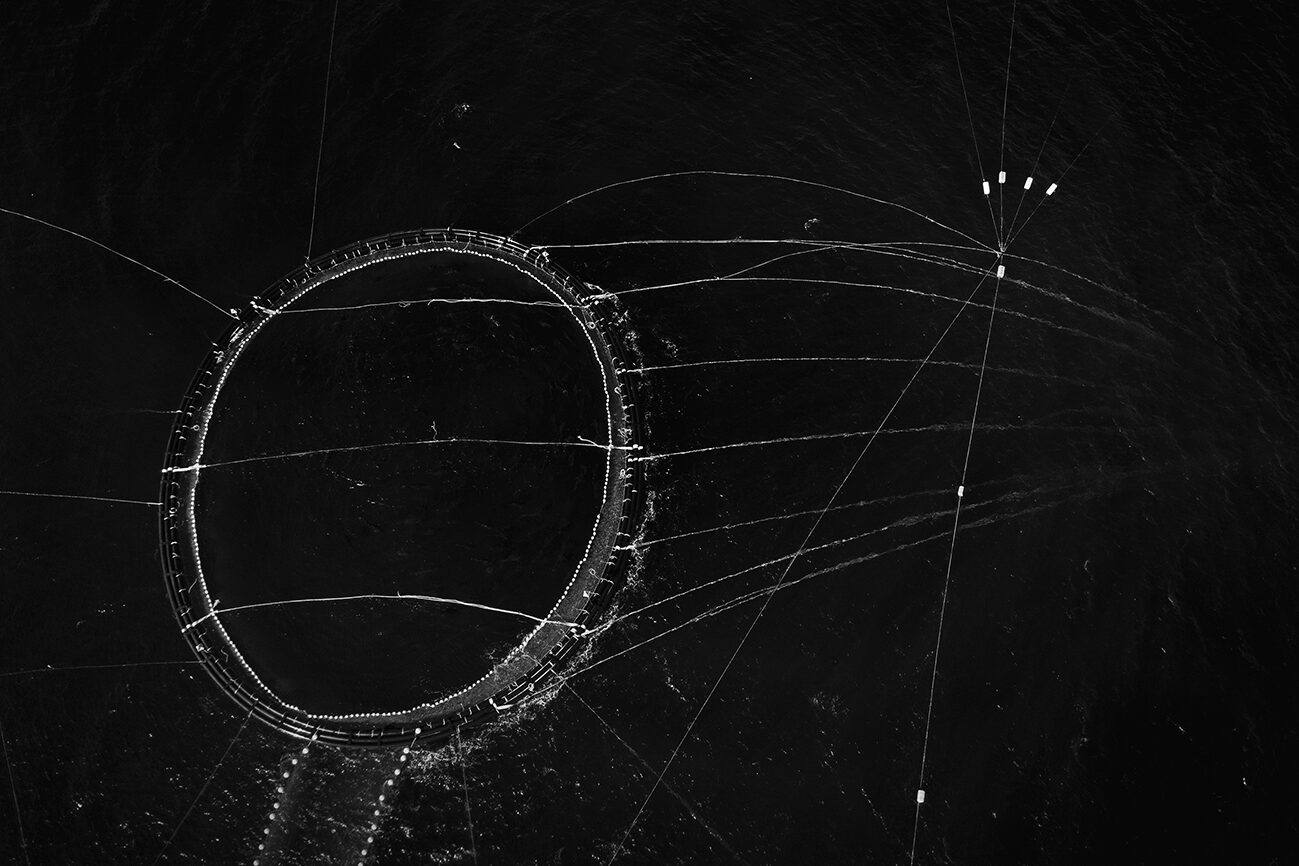Staff
A dream comes true! You are finally in Italy, sitting at a lovely table al fresco, somewhere in Florence – or wherever you fancy, really! With the soft chit-chatting of people around you and the gentle breeze of late summer on …
MAIE is a movement born abroad, for Italians abroad. It wants to ensure that every member of the Italian nation is fully and rightly represented in Rome so that the voice, needs, ideas, and expectations of Italians around the world become …
You know when you are somewhere usually quiet, perhaps sitting on a bench in your favorite corner of the park near home, and it gets all of a sudden strangely busy? Or when you start noticing more and more people …
Con oltre trecento opere divise in sette aree tematiche e tredici sezioni – dagli inizi negli anni Cinquanta come illustratore commerciale sino all’ultimo decennio di attività negli anni Ottanta connotato dal rapporto con il sacro – la spettacolare mostra Andy Warhol. La pubblicità …
“The aim of politics is serving the community and serving the community is born and develops within the individual. It’s a vocation, just like that of being a doctor, a priest, or a trader:” this is how Angelo Viro, MAIE‘s vice-president and …
It happens to everyone: you’ve just got home from work when you realize you ran out of coffee. Needless to say, you must take a quick trip to the store, lest you are unable to get out of bed in …
Calabria is known for the beauty of its wilderness and its marvelous beaches, as well as, of course, its delicious food. Just like every other region in Italy, Calabria also has a very lively linguistic panorama, with varieties of its dialect …
Let’s be honest: for Americans, who are historically used to two parties, the Republicans and the Democrats, the Italian political panorama must be mildly confusing. Let’s look at the current situation, for example: while a moderate left-wing party can be identified, the PD …
Fino al 29 ottobre 2022 i visitatori potranno ammirare nell’affascinante cornice del seicentesco Palazzo Borghese a Roma le opere di Francesco Zizola, uno dei fotoreporter italiani più premiati al mondo, vincitore di 10 World Press Photo: una raccolta di 22 fotografie in bianco e nero di grande …
The general elections, an essential moment for all Italians both in Italy and overseas, are approaching. For us Italians abroad, it is important to be actively represented in Parliament, so that our needs are heard and our ideas can help …










